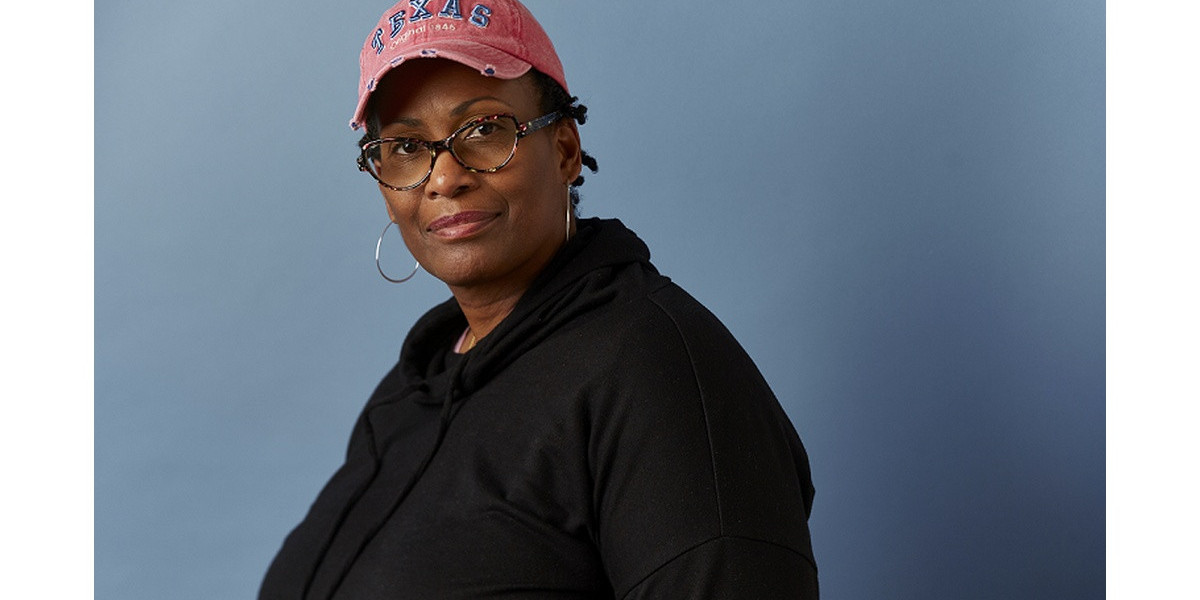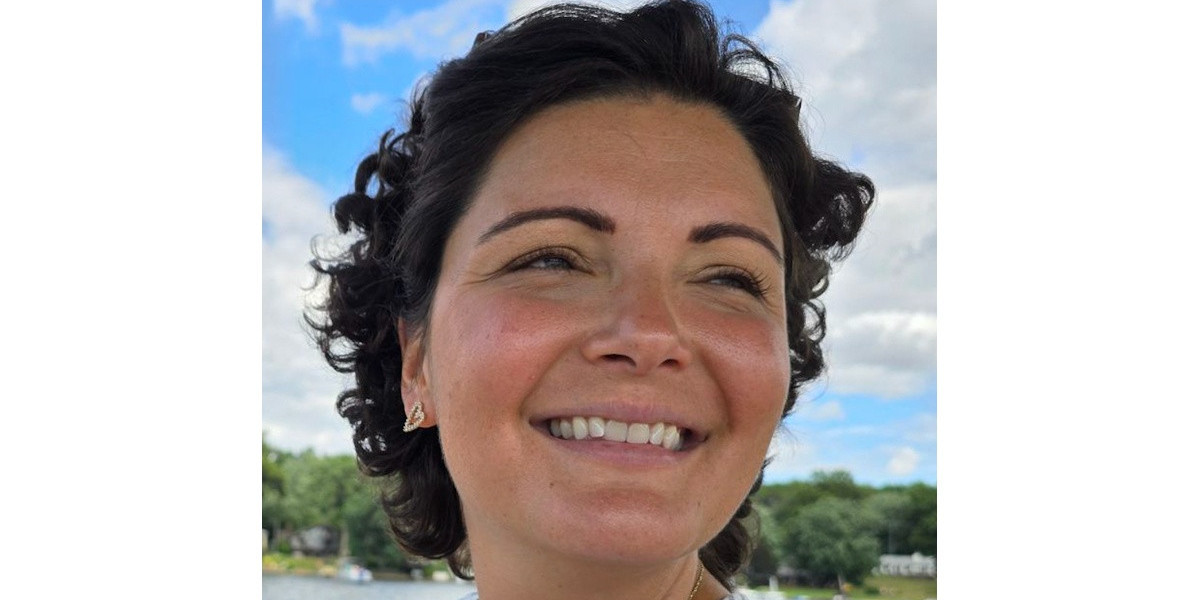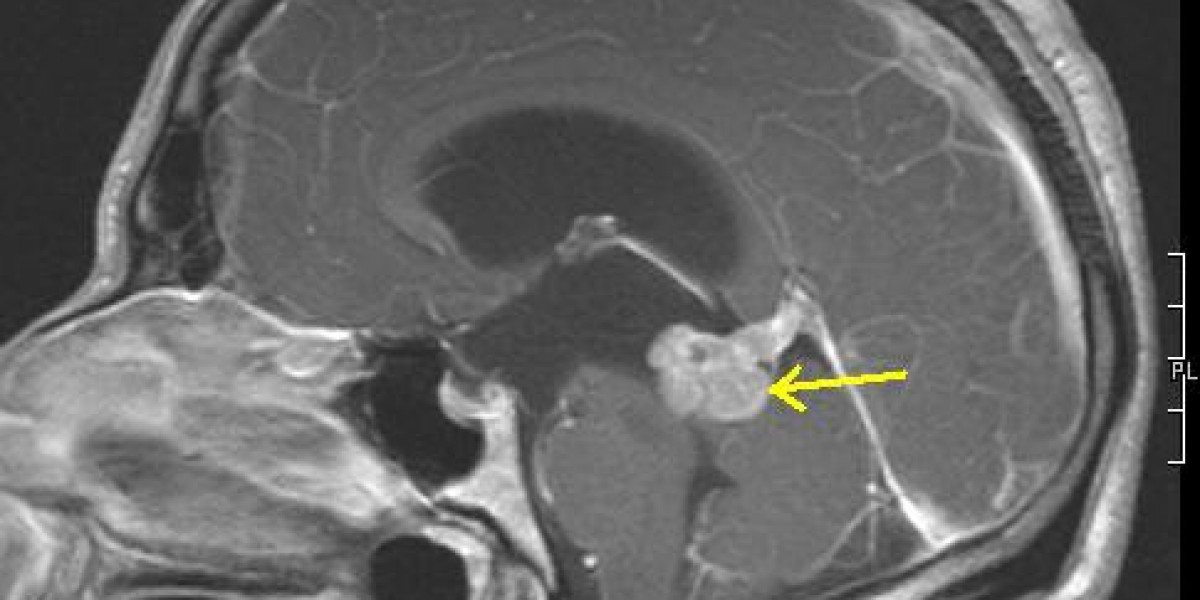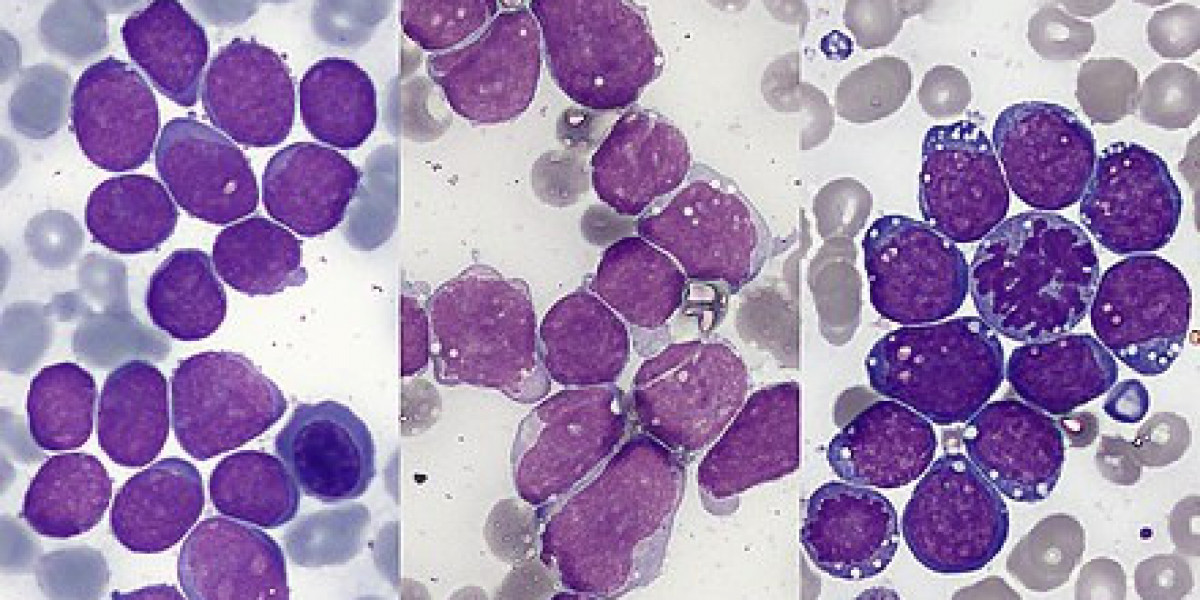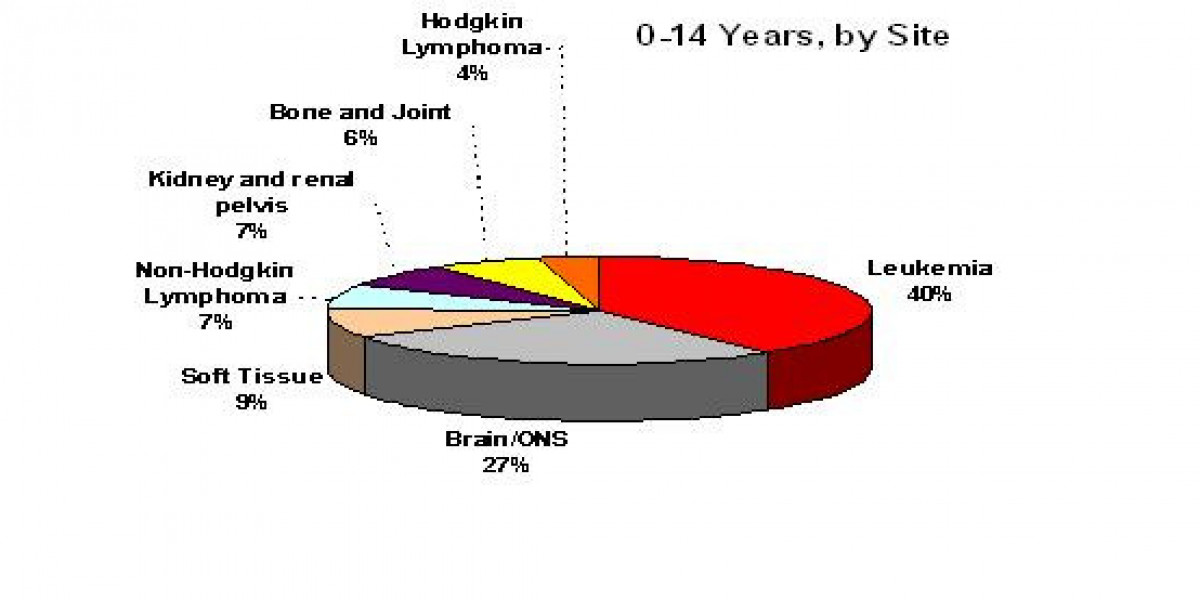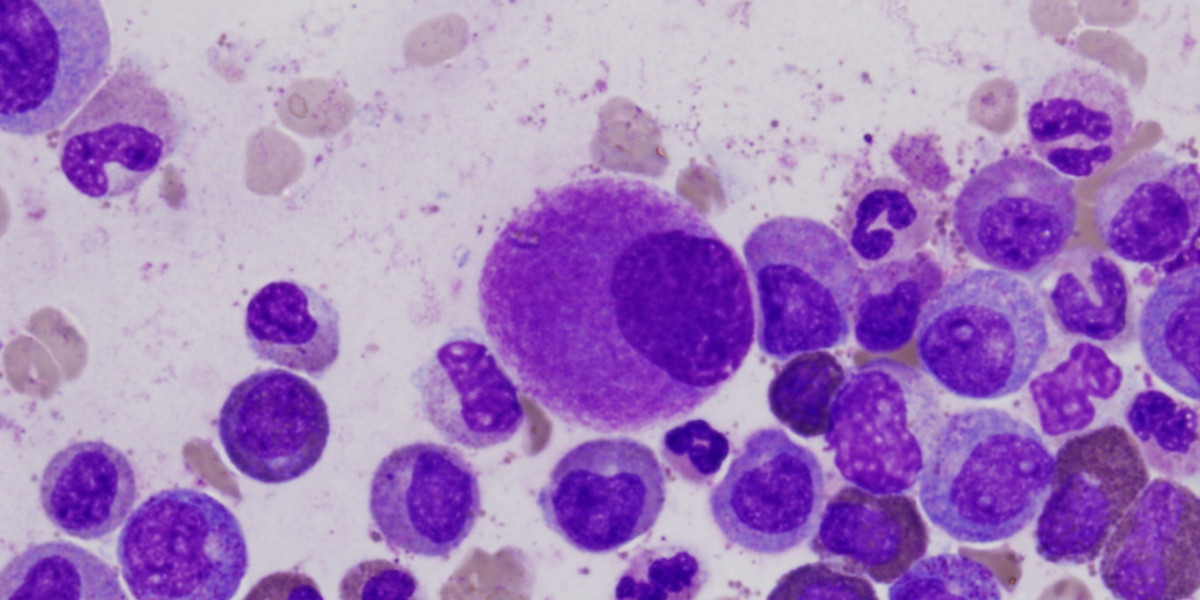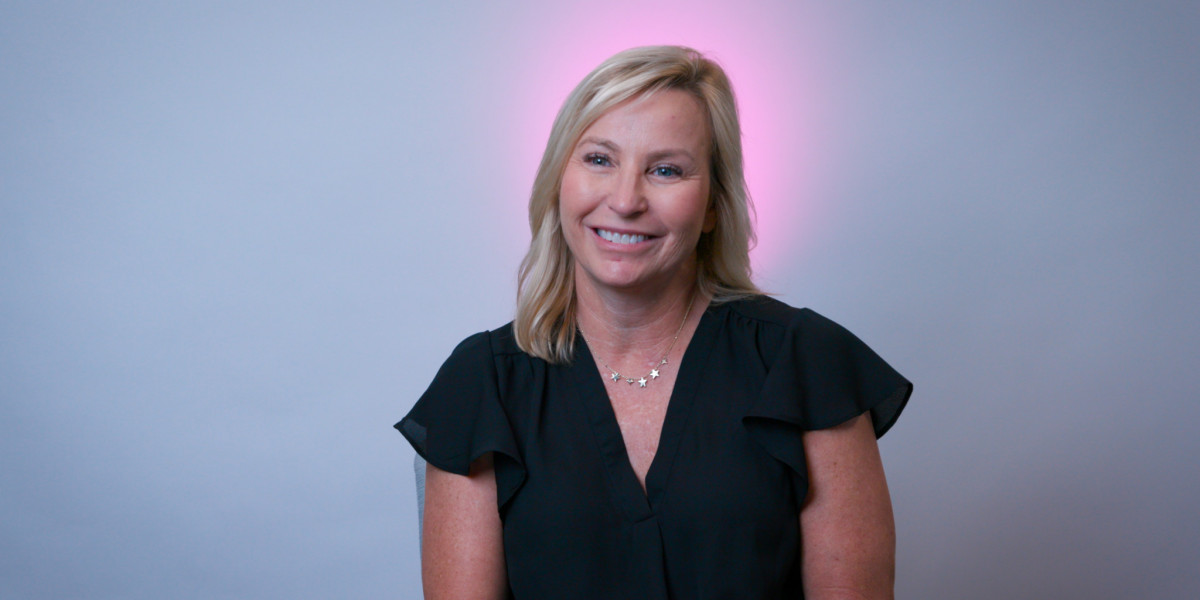Your Journey > Recently diagnosed
8 Min. Read
Your Journey > Recently diagnosed
The next steps after a breast cancer diagnosis.
Receiving a breast cancer diagnosis can be disorienting. Trying to process intense feelings, understand test results, and make treatment choices all at the same time is overwhelming. You may be asking yourself: How do I tackle this? Where do I start? Learning about your diagnosis and treatment options can bring a greater feeling of control. The more you understand about your situation, the easier it is to ask the questions that matter to you — and to make the decisions that work for your life.
There’s a lot to think about if you’ve recently been diagnosed with breast cancer. Some decisions need to be made quickly. Others don’t need to be made right away. However, there may be some options you’ll want to think about right from the beginning , including:
Understanding more about your diagnosis and treatment options can help reduce anxiety and uncertainty . At the same time, each person has their own preference for what and how much they want to know. Some want to understand everything about breast cancer as soon as possible. Others may only want the basics now and to learn more later. Take time to figure out how much you’re comfortable knowing before you meet with your medical team.
Here are some ways to get the information you need when you meet with your provider:
If you have a concern and your provider seems to minimize or dismiss it, don’t hesitate to speak up. Let your provider know if you are not feeling heard. If you continue to feel like your provider is not listening, ask to meet with the social worker at your cancer center and voice your concerns. It’s also important to know that you always have the option to seek a second opinion at another hospital.
We know that a new diagnosis is a lot to process. We’re here for it, and we’re here with you. On these pages, learn how to prepare for treatment, ways to manage the emotional impact of diagnosis, strategies for finances, and more.
At Living Beyond Breast Cancer, our mission is to provide trusted information and a community of support through emotional, practical, and evidence-based content that’s meaningful to people living with all stages of breast cancer. We invite you to explore all we offer: personal stories , expert advice , videos , our Breast Cancer Helpline , and more.
Testing
Preparing for treatment
Talking to providers
Hair loss
Parenting
Financial matters
Emotional health
Reconstruction decisions
Guide for the newly diagnosed
Prepare to be unprepared. There is so much to digest that telling yourself it will be overwhelming may help.
Claire Gawinowicz
What is breast cancer?
Breast cancer is a group of diseases that begins when normal breast cells grow and reproduce out of control, sometimes turning into a tumor and crowding our normal cells. Learn more on our What is breast cancer page .
What questions should I ask my doctor?
At your first appointment, it can help to get answers to these questions:
Learn more about questions to ask an oncologist .
What kinds of surgery are usually performed for breast cancer?
Breast cancer surgery includes
Breast reconstruction surgery, which does not treat cancer but rebuilds a breast after mastectomy, can often be done at the same time as mastectomy. Lymph node removal is another breast cancer surgery that allows doctors to check whether cancer has spread beyond the breast. Learn more about surgery .
Should I get a second opinion?
If you’re feeling uncertain about the accuracy of your diagnosis or your provider’s recommendations, or if you feel like your provider is not hearing your concerns, you have the right to seek a second opinion with another provider and/or at another cancer center. Learn more about seeking a second opinion .
How far can breast cancer spread in the body?
Breast cancer can be noninvasive — contained within the breast ducts or lobules — or invasive, breaking into surrounding breast tissue and lymph nodes. Breast cancer can also spread to distant parts of the body, such as the bones, lungs, and liver. Doctors use a staging system to describe how far cancer has spread. Learn more about how breast cancer is staged .
I’ve just been diagnosed. How can I deal with these overwhelming emotions?
It’s completely normal to feel intense and changing emotions after a breast cancer diagnosis. Many people experience anxiety, sadness, anger, and depression. We get it, and we’re here with tips and information about how you can find support. Learn more about coping with your diagnosis .
How do I talk to family and friends about my diagnosis?
If you’re having difficulty finding the words to talk to your loved ones about breast cancer, you’re not alone. But letting them know about your diagnosis means you’re allowing them to support you, and having a strong support network can be beneficial to your health. Learn more about how to tell your family you have breast cancer .
I was diagnosed with metastatic breast cancer. What do I need to know?
We know that a metastatic breast cancer diagnosis can be intensely emotional and trigger many questions. We’re here for you with information about emotional support, treatment options, clinical trials, and complementary and integrative medicine to help your overall sense of well-being. Learn more about living with metastatic breast cancer .
Where can I find more support?
Living Beyond Breast Cancer has many support resources for you including the Breast Cancer Helpline, which provides emotional support by phone after matching you with a trained volunteer who has had breast cancer. We also offer downloadable guides and tips, educational programs, and empowering stories from people who’ve been there. Get support .
Related articles and posts
Caring for yourself while caregiving
To be able to give your loved one the attention and support you really want to, it is important to care for yourself. Here, we’ll share some ways you can take care of your physical, mental, and spiritual health.
Testing and precision medicine
Testing is important in breast cancer precision medicine—care based on your unique health history and lifestyle. The right tests can help you and your team choose the most effective treatments.
Mastectomy
Mastectomy is surgery that removes all of the tissue from the breast to treat breast cancer. It can be done on one or both breasts to remove breast cancer, or to lower the risk of developing breast cancer.
Breast cancer symptoms
Breast cancer symptoms include lumps, a nipple turned inward, swelling, and more. Learn the signs doctors look for, and why mammograms are so important.
Lumpectomy
Lumpectomy surgery is a breast-conserving treatment that removes cancer while allowing you to keep some or most of your natural breast tissue.
Diagnosed with metastatic breast cancer
Hearing the words “You have metastatic breast cancer, and you will need ongoing treatment” can be traumatic. On this page, we’ll help you begin to make sense of your diagnosis, treatment options, and sources of support.
Immediate vs. delayed reconstruction
Breast reconstruction can happen at the same time as mastectomy (immediate), months to years later (delayed), or as a combination of these. Your choice may depend on your cancer treatment plan and personal preferences.
Can a breast cancer diagnosis be wrong?
It is unusual but possible for a breast cancer diagnosis to be incorrect. Learn more about the different ways to be certain about a new diagnosis.
Who gets breast cancer?
Anyone with breast tissue can get breast cancer, even men. About 1 in 8 U.S. women and 1 in 726 U.S. men will develop invasive breast cancer over the course of their lives.
Surgery
Almost everyone diagnosed with breast cancer has some surgery. Surgery is a local therapy: a treatment that’s focused on a specific part of the body.
Related Blogs
Related Videos
Free downloads
Sign up to receive emotional support, medical insight, personal stories, and more, delivered to your inbox weekly.
We'll send support straight to your inbox.
Reviewed and updated: July 3, 2025
Reviewed by: Evelyn Robles-Rodriguez, DNP, APN, AOCN
Tagged:
Was this page helpful?
Living Beyond Breast Cancer is a national nonprofit organization that seeks to create a world that understands there is more than one way to have breast cancer. To fulfill its mission of providing trusted information and a community of support to those impacted by the disease, Living Beyond Breast Cancer offers on-demand emotional, practical, and evidence-based content. For over 30 years, the organization has remained committed to creating a culture of acceptance — where sharing the diversity of the lived experience of breast cancer fosters self-advocacy and hope. For more information, learn more about our programs and services .
Living Beyond Breast Cancer
40 Monument Road, Suite 104
Bala Cynwyd, PA 19004
©2025 Living Beyond Breast Cancer
Originally published on The Patient Story: https://www.lbbc.org/your-journey/recently-diagnosed
